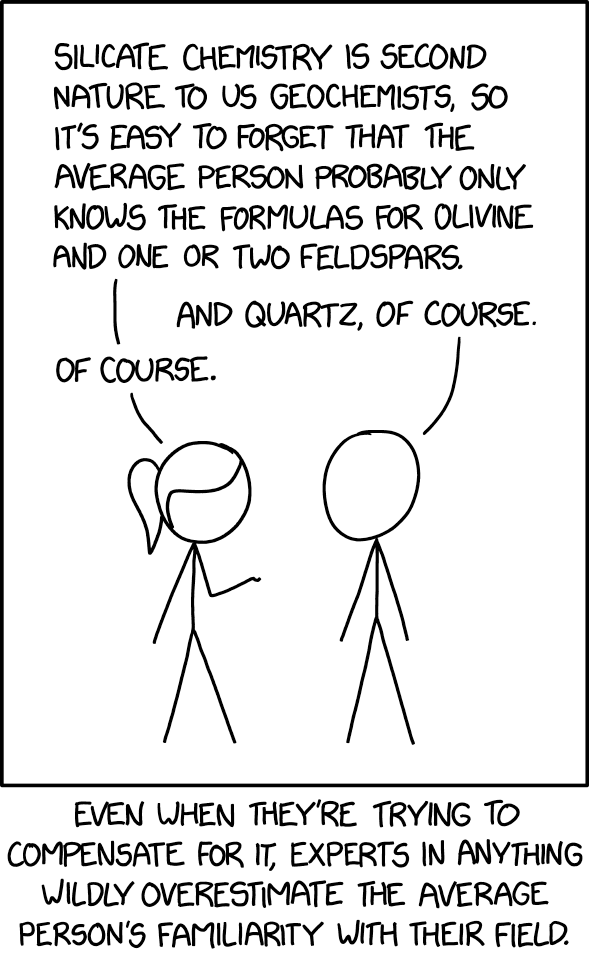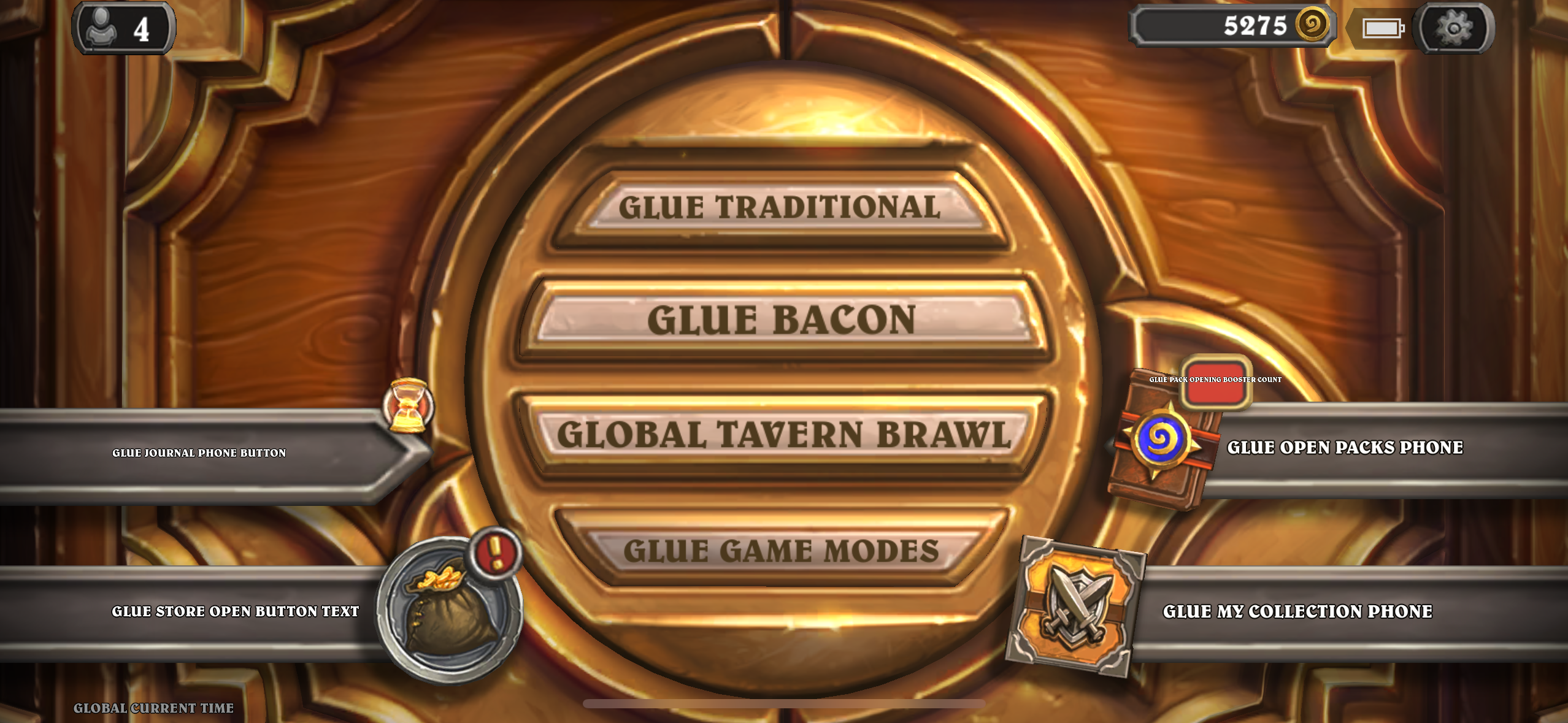I don't mean that literally, of course, but metaphorically. Back when Prozac first hit national consciousness here in the US in the early 90s there was a huge backlash against it, much like the one we're seeing against the GLP/GIPs.
Every magazine had a special issue with a bottle of pills lit by scary, dramatic lighting for a cover. There was a constant discourse of hysteria and pearl clutching like: "you'll have to be on it forever!", "it doesn't really fix anything!", "it's so expensive!", "what if they give it to children?!?", "oh no the side effects!". Every self appointed expert had a reason you shouldn't take it: "you don't need it, you just need God", "you just need to get tough", "it's a cop out for the weak", etc, etc. Even many therapists and psychiatrists spoke against it, often more afraid for their jobs than anything else, "what if we fix everything with a pill, what does that mean for psychiatry?"
And now, 30 years later we have a much better understanding of anti-depressants. They are a common prescription and much of society accepts them the same way we accept people being on statins, insulin or ibuprofen. They didn't destroy psychiatry, make everyone become mindless drones or create a bunch of psychopaths. And they became a whole lot more affordable.
On the other hand, Prozac itself would be an odd prescription today as there are much better, more targeted medications with fewer side effects.
I strongly believe the same thing will happen with semaglutide and tirzepatide, but probably much faster due to the much larger number of potential patients. In ten years the new family of weight loss drugs will be commonly used and accepted by society, but they probably won't be semaglutide or tirzepatide but rather some new, more targeted meds that are cheap and have far fewer side effects.
But that doesn't mean I'm going to wait a decade to lose this weight.




Vapor locking is an interplay between a mechanical vacuum based fuel pump and carburetors that causes the engine to get starved of gas and stall out. It’s made worse at high altitude and particularly when ascending rapidly like driving up a high altitude pass such as Wolf Creek. If you’ve even needed to pop your ears several times while driving you’ve been in a situation where it could have happened.
Back in the day, the fix when it happened was to stop the engine and wait for air pressure to equalize through the system, which generally took about 30 minutes. Of course, this was on the side of a narrow twisty mountain road and people would sometimes get impatient or not know what was going on and flood their engine in a panic.
It’s pretty rare now due to electric fuels pumps and fuel injection.